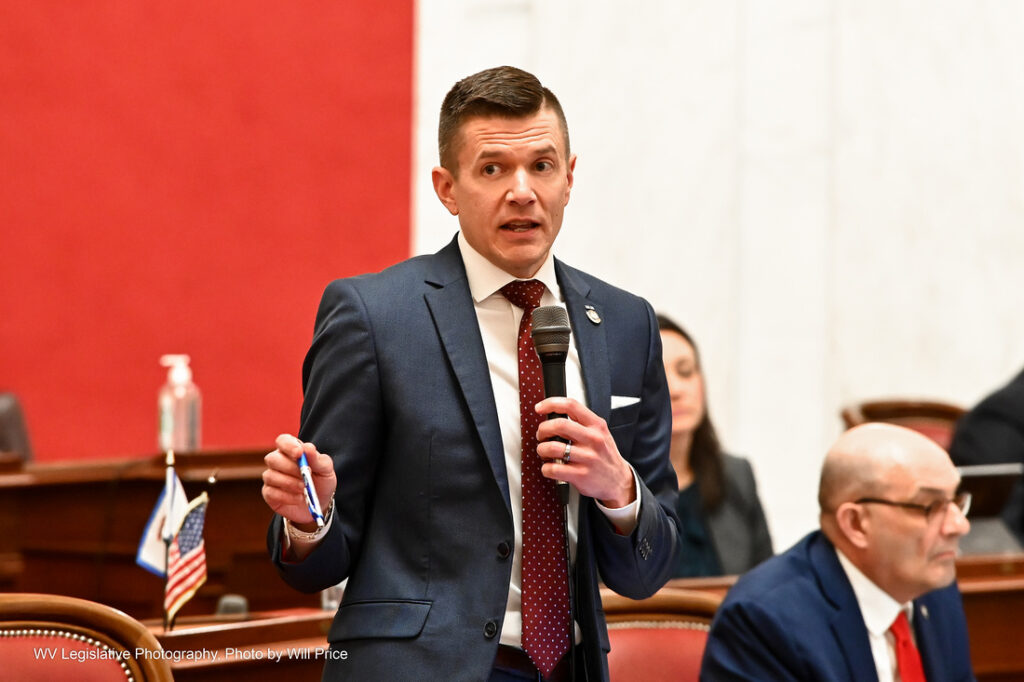The Senate Committee on Health and Human Resources Thursday took up the issue of PEIA reform.
PEIA is the insurer for thousands of public employees. It has come under increased scrutiny for paying more in reimbursements to out-of-state hospitals than to in-state facilities, including WVU Medicine Wheeling Hospital.
The hospital in January announced plans to stop accepting the state’s public employees’ health insurance (PEIA) by July 1.
Senate Bill 268 would change the requirement that PEIA conduct public hearings in each congressional district. It also repeals two sections of code related to retiree premium subsidies prior to 2010 and removes a cap on autism services.
The plan sets a minimum of a 20 percent cost share for in-state benefits when applicable, and a minimum of a 30 percent cost share for out-of-state benefits when applicable. That essentially attempts to level out the amount set by insurers for out of state and for in state co-payments.
The plan states that the Public Employees Insurance Agency shall use a nationally accredited network to provide care to its out of state members to bring down costs through the benefit of a larger network.
Sen. Tom Tabuko, R-Kanawha, wanted to confirm that the bill would not affect payment for critical access hospitals.
“I just want to confirm here that critical access hospitals, a lot of smaller communities throughout West Virginia, obviously depend on those because without them they may be an hour and a half away from any type of care whatsoever, they exist because they can get a higher rate,” Tabuko said.
Committee counsel directed the senator to confirm the answer with the West Virginia Hospital Association.
The plan would provide a minimum level of 110 percent be established for all providers.
The rate for hospitals would be set at 110 percent of the Medicare diagnosis related group covered by the state and non-state plans of the Medicare per diem per day rate applicable to critical access hospitals and exempts from rate setting a retiree health plan.
The bill deletes the requirement that the governor to provide an estimate for each fiscal year based on the percentage of growth and general revenue funds.
During committee discussion Sen. Mike Maroney, R-Marshall, asked Jason Haught, interim director and chief financial officer for PEIA, about rates, specifically if hospitals are allowed to negotiate with the PEIA for inpatient rates, or not.
“You know, that term negotiation, I believe…,” Haught started to say.
“Ah you used it, you, you really used it,” Maroney interjected.
Haught continued, “And I believe that we do allow negotiation with our in-state providers. The one that we’re talking about right now was done in 2002 with the West Virginia Hospital Association, and PEIA and the Department of Health and Human Resources, Bureau of Medical Services. They all sat down, came up with this Medicaid swap reimbursement that pulled in additional money for the hospitals, and it just ran stale. It didn’t it needed to be re-discussed and updated, and it just didn’t occur.”
Maroney went on to ask Haught about the last time PEIA premiums were raised.
“For the state fund, I believe it was 2018 or 2019,” Haught said. “The non-state pool obviously had one last year.”
The last time PEIA was allowed to negotiate prices on drug costs, for example, was 2002 when the interested parties came up with a plan that pulled in additional money for the hospitals.
The committee ended with a motion to send Senate Bill 268 to the full Senate with recommendation it pass after going to the Committee on Finance.




















